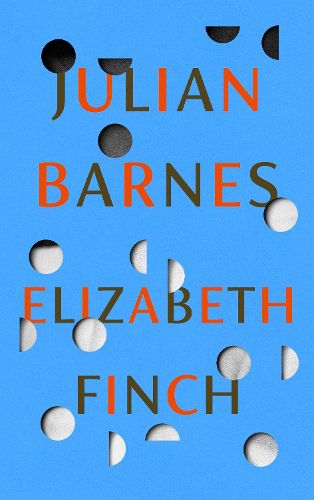Elizabeth Finch by Julian Barnes
It’s clear that Julian Barnes’ latest novel, Elizabeth Finch, is informed by the author’s friendship with the late novelist and art historian Anita Brookner. Ever since Flaubert’s Parrot (shortlisted for the 1984 Booker Prize, won that year by guess who?), Barnes’ writing has blurred the lines between fiction, biography, history and essay. This novel is narrated by educated, middle-aged Neil, melancholy former actor and self-declared King of Unfinished Projects. Neil is intensely fascinated by Elizabeth Finch, lecturer in Culture and Civilisation at a London university. Her lectures, and indeed her identity, elusive though it is, will change his life.
The novel is bookended by two finely cut portraits of Elizabeth Finch. In the first we meet the living woman, while in the third part Neil turns detective, trying to assemble a lasting memorial from surviving evidence. After Elizabeth Finch’s death Neil inherits her notebooks and diaries, scant and disordered though they are. Much like Anita Brookner, Elizabeth Finch lived alone, played her cards close and was rarely in the public eye despite her intellectual brilliance.
The middle section of the novel is, suitably, an essay about Rome’s last pagan emperor Julian the Apostate, written to honour Neil’s late teacher. While this section’s theological musings might sound obtuse, Barnes via Neil coolly weaves the contradictions of the ancient world into the anxieties of our own. Reflections on stoicism and romanticism, monotheism and pluralism, chastity and the erotic are at play here. All the while Barnes makes a sly show of what fiction can do, taking the reader on a journey of big ideas and shaded feelings without ever being didactic: his irony and wit are sandpaper dry. There is even the odd schoolboy joke. Perceptive and tender, playful and paradoxical, Elizabeth Finch is so much more than the sum of its parts.


